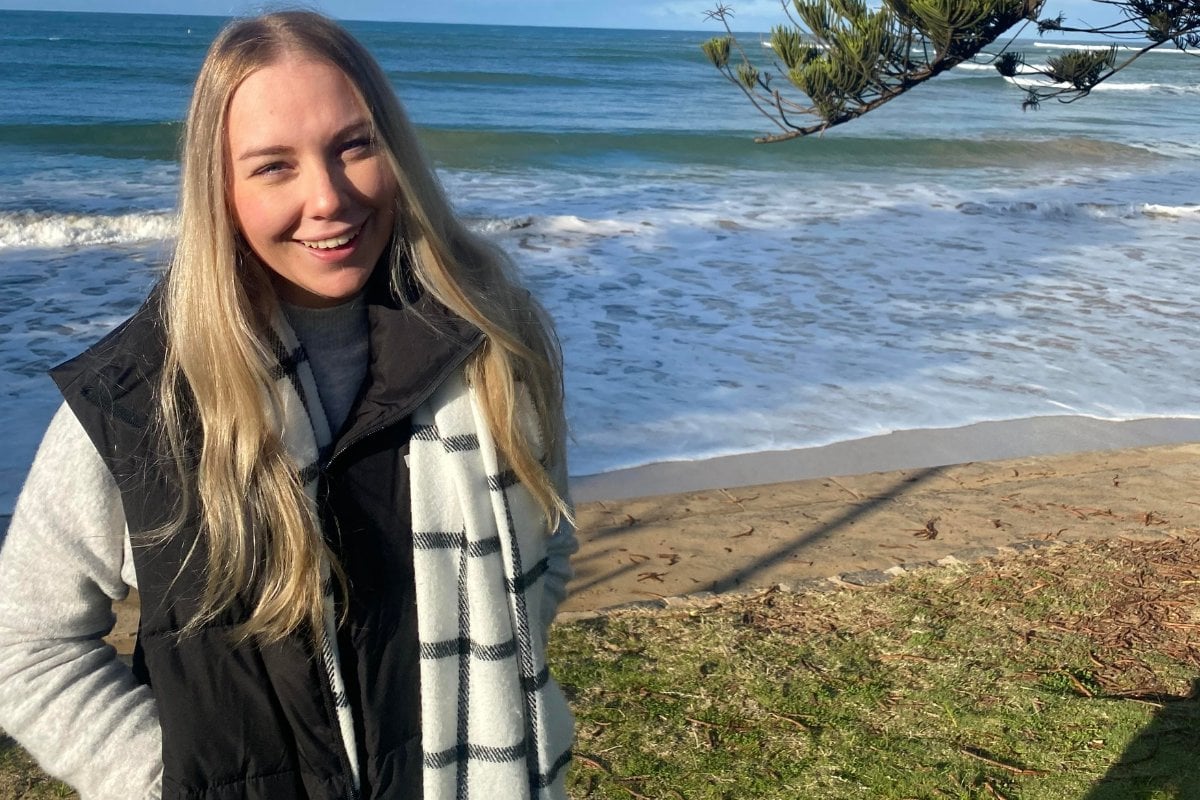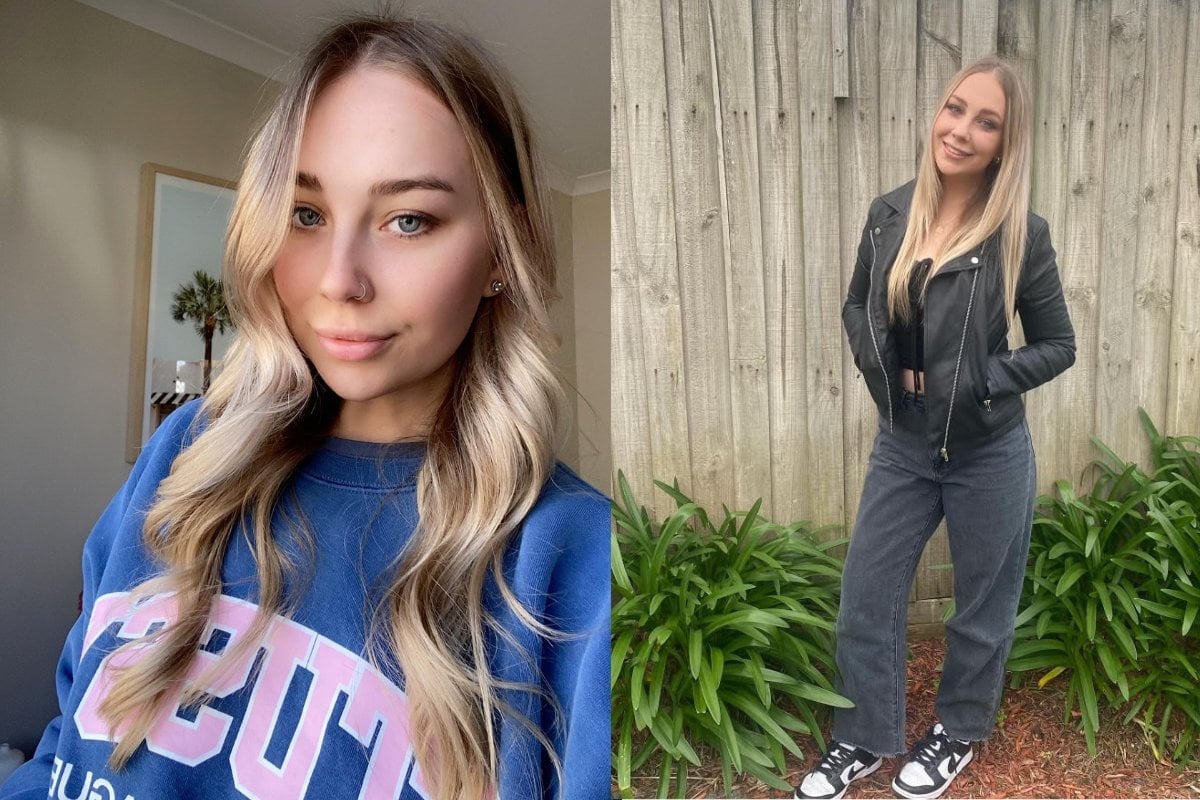
Picture this. You're 11 years old and experiencing severe pain.
It's a pain that is often debilitating - horrible periods, sharp, stabbing pains, vomiting at certain parts of the menstrual cycle, as well as soreness in the legs and lower back. It's endometriosis.
It makes sense that when grappling with pain like this, you would visit your doctor, desperately trying to seek answers and treatment.
Now imagine - again, at just 11 - being told your only option to easing and even ending the pain is to get pregnant.
Indi Woollard experienced exactly this.
Watch: Those with endometriosis share their stories - including being told to get pregnant. Post continues below.
"When I was 10 I started having lots of pain. My mum has severe endometriosis, so she rightly figured my pain was endo too. She kept pushing GPs to do a laparoscopy on me to check, but it took until I was 16 for that to happen. I had a twisted fallopian tube and bits of endo were found, and then at 21 they found the cysts and saw I was riddled with endo," she tells Mamamia.
In the lead up to the official diagnosis were countless GP visits where Indi didn't feel listened to. And the advice she was given was a myth.


Top Comments